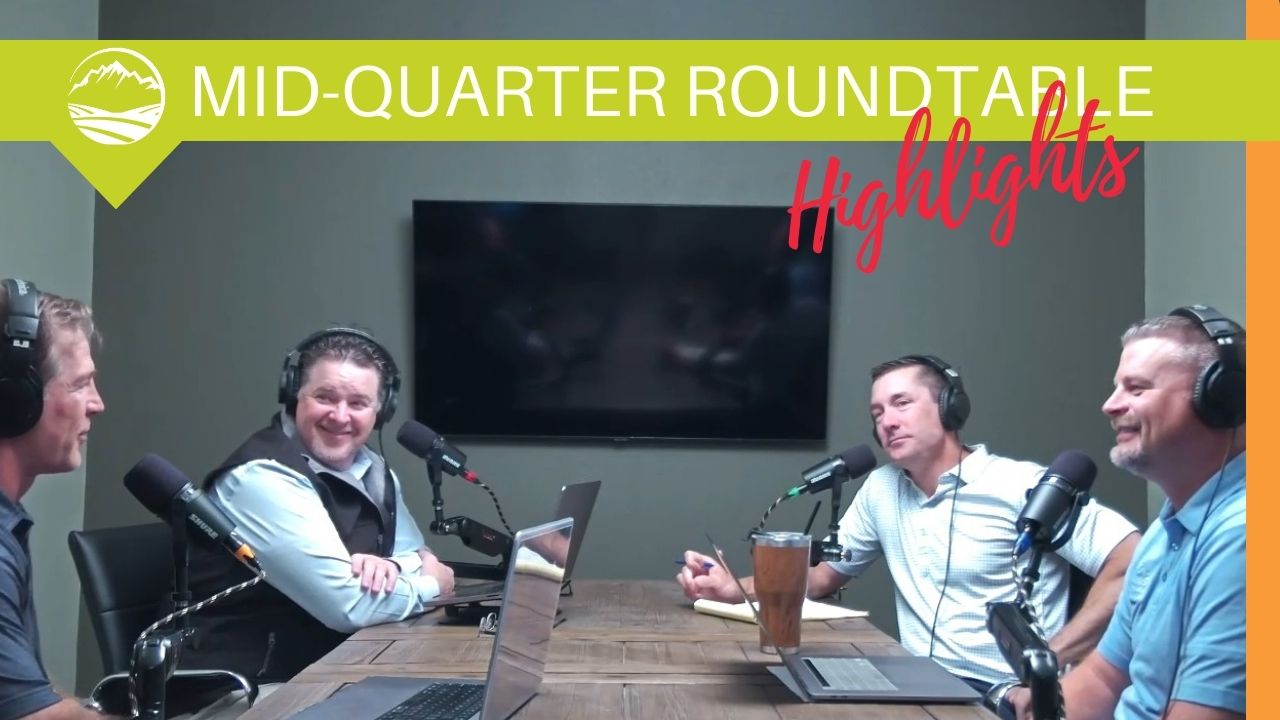You are now leaving the Strong Valley Wealth & Pension, LLC ("Strong Valley") website. By clicking on the "Schwab Alliance Access" link below you will be entering the Charles Schwab & Co., Inc. (“Schwab”) Website. Schwab is a registered broker-dealer, and is not affiliated with Strong Valley or any advisor(s) whose name(s) appears on this Website. Strong Valley is/are independently owned and operated. Schwab neither endorses nor recommends Strong Valley. Regardless of any referral or recommendation, Schwab does not endorse or recommend the investment strategy of any advisor. Schwab has agreements with Strong Valley under which Schwab provides Strong Valley with services related to your account. Schwab does not review the Strong Valley website(s), and makes no representation regarding the content of the Website(s). The information contained in the Strong Valley website should not be considered to be either a recommendation by Schwab or a solicitation of any offer to purchase or sell any securities.

Transform fleeting resolutions into lasting financial habits with SMART goals, realistic budgets, and accountability for less stress and a secure future.

The New Year is a time for resolutions and new beginnings.
Every January, local gyms are inundated with people looking to get fit. But by February, those same local gyms are ghost towns.
The challenge: Self-improvement requires new habits, not just resolutions, and it extends beyond our health. As we embark on a new year. Let's focus on wellness habits for our wealth too. By incorporating financial wellness into our daily routines, we can build lasting habits that will benefit us for years to come.
Here are four practical tips to help turn financial wellness into a lifestyle:
Success begins with goal setting. When setting goals, make them:
Success begins with goal setting. When setting goals, make them:
Specific: Clearly define your goals, such as saving for a down payment or paying off debt.
Measurable: Set quantifiable targets, like saving $500 per month.
Achievable: Break down large goals into smaller, manageable steps.
Relevant: Ensure your goals align with your overall financial objectives.
Time-bound: Set deadlines to keep yourself accountable.
A good budget is all about being realistic. If we trim too much, we cheat. If we don’t trim enough, we don’t see results.
Track Your Spending: Use a budgeting app or spreadsheets to monitor your income and expenses.
Prioritize Needs Over Wants: Allocate funds for essential expenses like your mortgage, rent, utilities, and groceries.
Build an Emergency Fund: Aim to save three to six months' worth of expenses in case of an emergency.
Automate Savings: Set up automatic transfers to your savings account.
Success requires long-term goals with short-term milestones. When it comes to financial wellness, we cannot set it and forget it.
Check Your Accounts: Monitor your bank accounts, credit cards, and investment portfolios.
Reassess Your Goals: Adjust goals as needed to adapt to changing circumstances.
Celebrate Your Successes: Reward yourself for achieving milestones.
Success never happens on an island. Financial wellness requires a village of advisors and partners. You don’t have to climb this mountain alone. Together, we can help you develop a budget, reduce debt, and define your goals to create long-term habits.
By incorporating habits into your daily routine, you can build a strong financial foundation to pursue long-term financial confidence. Remember, small steps can lead to big results. So, let's make this year the year you prioritize your financial wellness and set yourself up for a prosperous future.



